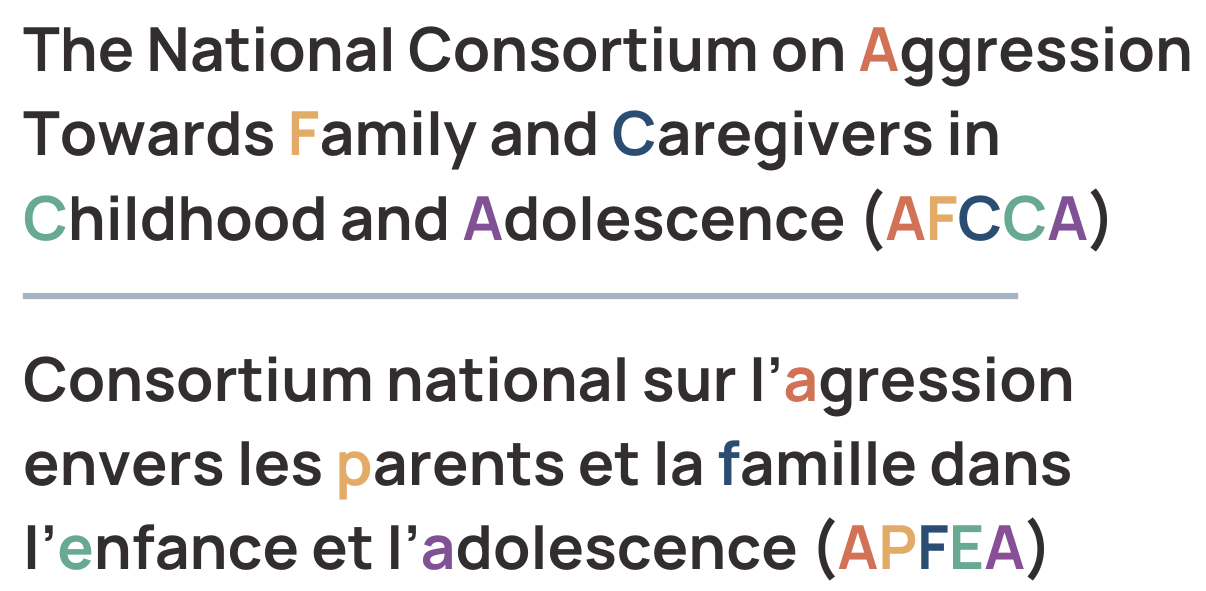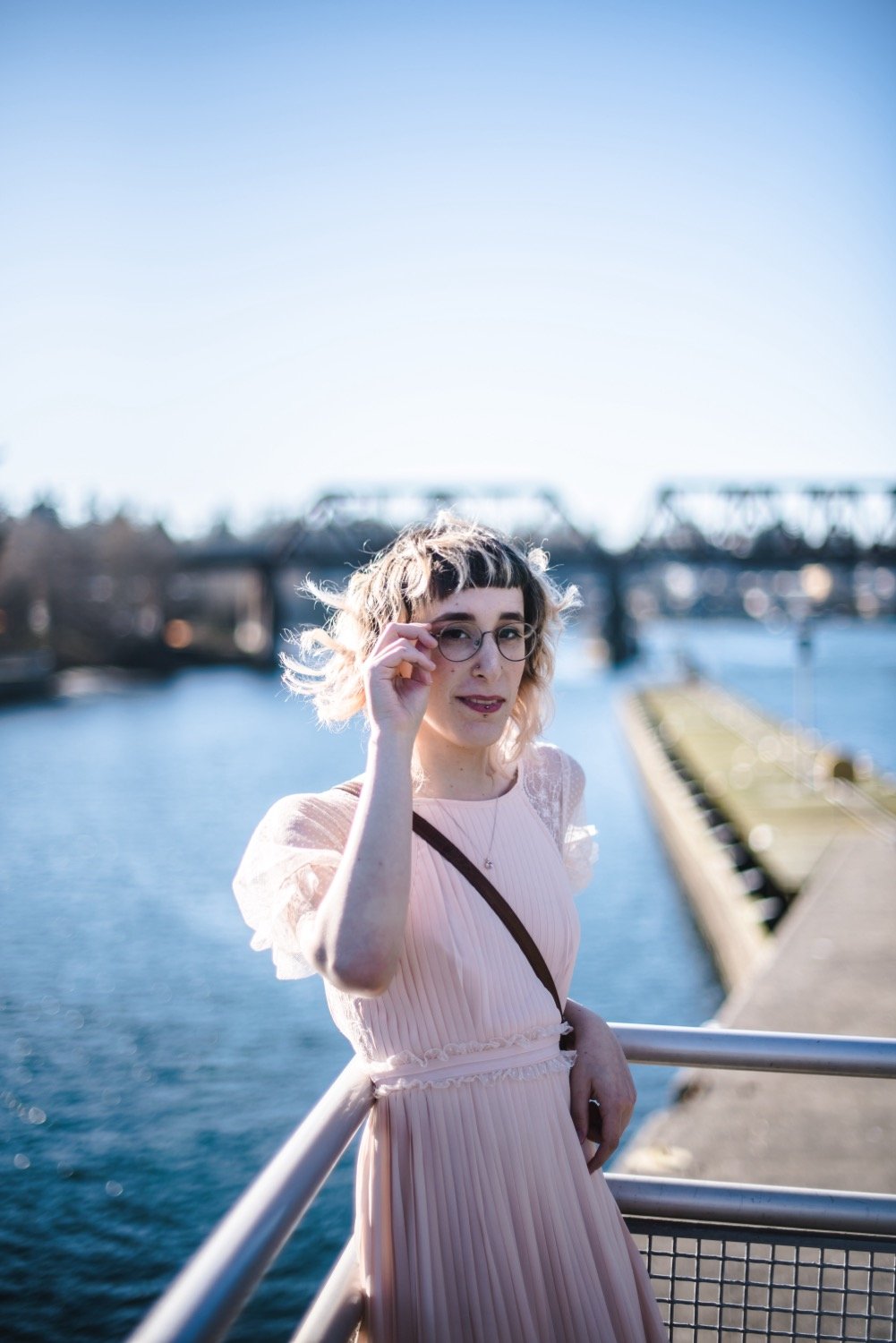
Individuals’ names have been changed in order to protect their privacy, or that of their child /adolescent.
jamie’s story
Jamie was diagnosed with autism at age 14. As a young adult, she is currently an advocate for children and youth in the autistic community as well as a champion for first voice led change within the child welfare system.
In her own life, Jamie shared that she “didn’t always understand the context of the situations that I would find myself in socially and so I was accused of being rude or a bad child”. In her experience, she notes, “it wasn’t that that child was behaving badly because they wanted to…if I can’t use my words, or I can’t get out what I want to say, I may hit myself in the head, or I may lash out at other people.”
“Sometimes when we see that violence, it is a communication breakdown.”
“We’ve lost that way to connect, and it's broken down …. sometimes it’s overstimulation…. can be that it’s a mental health thing and when we work with individuals on the spectrum and certainly within the world of disability as a broad sense you can also be dealing with coexistences of mental health issues. So, for me it’s anxiety and panic disorder, which can mean that there have been times that I’ve needed to make sure that I was in a safe space.”
Jamie reflected on the “many layers that can be going on in a household”. She cautions that “no matter at what level it is whether it’s parent to child, child to parent, sibling to sibling or child to child violence, not addressing that, not bringing that up and working through that, that doesn’t go away. That informs who that person is going to be, and how they’re going to respond to other authority figures and other people in their lives”.
In sharing her own reflections, Jamie further reminds others of the important need to consider language and the complexities of the experience directly from the child/youth’s perspective:



